Arts and entertainment writers Marina Lee & Sarah Delima celebrate Asian American and Pacific Islander Heritage Month with their favorite works from the AAPI community.
“Soft Science” by Franny Choi

In an everyday landscape of sexual violence towards and fragmentation of gender identities actively oppressed by the patriarchy, Franny Choi queers the cyborg in her biting poetry collection on technology and bodies. Primarily modelled in scientific tools such as the Turing Test and matrices of definitions, Choi never hesitates in her condemnations of the reduction of those with marginalized gender identities to sexual beings, and sexual deviants, confined to the services of the cisheterosexual men in power, continually used and abused to maintain this power.
Her explicitly sexual language is far from euphemistic, using her linguistic prowess to highlight the gendered lack of voice and its consequential lack of power. She scathingly asks us what it means to exist when your articulators are stolen from you, when your personhood is violated, when you are minimized, objectified, exploited, and overtaken. What can it mean to seek sexual liberation after such processes? What can it look like? Is there such a thing as sexual justice in an increasingly technological world with a basis in all harmful “-isms”? None of these questions are particularly simple in their constructions or in their answers, and Choi ensures that we sit with those characteristics.
What I find additionally compelling about Choi’s poetry, is that it is not a collection of healing poems, as I feel many femmes are expected to create in the field of poetics. This is not to say, that there is anything particularly wrong with that kind of poetry — there most certainly isn’t. The problem lies in the expectation that women must heal, and it is preferred that they heal cleanly. Choi’s poems are the antithesis of this in their bold and messy depictions of harm and its consequences. Choi also explores the fetishization of Asian femmes through repeatedly referencing Kyoko from the acclaimed film “Ex-Machina,” honing in on the relationships between artificial intelligence and sexualization in the context of these intersecting identities. This sexual oppression is multifaceted, and Choi’s retelling of Kyoko’s story highlights a sort of revisionist history in the recovery of language. I highly recommend this collection if you’re ready for rage, revelation, and revolution.
— Marina Lee, Senior Staff Writer
“On Earth We’re Briefly Gorgeous” by Ocean Vuong

I have had the pleasure of attending two live Zoom readings by writer Ocean Vuong this school year, and neither one failed to disappoint. His tales and poetics on the life of a Vietnamese refugee, and a life of queerness hit with an emotional intensity that hurts, pines, and recollects. Vuong recalls violence of both the international and interpersonal, and reading the cross-examination of these two planes of existence is a truly unique and haunting experience, where you’re brought to the moments of beauty and breath amongst such circumstances.
Something that I appreciate about Ocean Vuong and his readings is that he doesn’t hesitate to point out his own positionality as a creative and discuss the roles of poetics and politics. In light of recent violence against Asian Americans, Vuong has pointed out that what often ends up happening is the encouragement to turn towards books to learn more about folks who have had harm committed against them and how their specific identities played a role in their victimization. However, Vuong points out in his own work, that what he writes may likely not ever be read by the people who hold the identities that he writes about, and that this literacy, this access to these books, and this language are all a byproduct of immense privilege. With that, there is also an agency he describes in articulation of the self and in the intended audience, even though there is no ultimate control over the audience who ends up receiving it.
Vuong also voices the strangeness of expecting poets to fix policy instead of politicians, and why people turn against art when it doesn’t save the world. Vuong discusses structural inequity and how art shouldn’t have to fulfill this role, and I find myself wondering in his words, why we never expect accountants, insurance brokers, pyramid schemers, mechanics, realtors, and CEOs to fix all of society the way we expect artists to, and why art is continually devalued when it fails this impossible goal. From Vuong’s work, I get the sense of art as selfhood, art as exploration, and art as communication and assurance of existence among other human beings.
— Marina Lee, Senior Staff Writer
“Minor Feelings” by Cathy Park Hong

Cathy Park Hong’s book “Minor Feelings” was an incredible read in exploring Asian American positionality among race relations in the United States, and what collective diasporic trauma has been brewing while hidden. An important aspect addressed is anti-Blackness in Asian American communities, the need to dispel it, and the need for solidarity in order to work towards liberation for all. Hong highlights these relationships and the existence of simultaneous truths in that a group of people can be oppressed, but also actively oppress another group in upholding white supremacy. Hong discusses the Model Minority Myth and how this too, is especially in service of white supremacy.
Additionally, she points out how our consumption of media is influenced by our positionalities. As an Asian American and a long-time fan of film director Wes Anderson, I found myself particularly drawn to a section on the film “Moonrise Kingdom,” where Hong discusses the time period that it’s set in and the historical context missing. The film is set in the 1960s, during an extremely heightened time of Civil Rights Movements, protests, and legislation. What I was especially interested in was Hong’s discussion about how the film is a sweet and nostalgic brand of whiteness that contributes to the longing towards the ‘good ol’ days’ where the world was supposedly less complicated.
This historical erasure is a privilege in media representation where white individuals can simply exist in stories that don’t center oppression. I felt that this contributed to her discussions on how Asian American activism and oppression are often subdued in historical tellings of activism in the United States, where Asian American experiences are desaturated and weaponized against other People of Color. Hong doesn’t leave any white supremacy stones unturned as she explains, “pure unadulterated white racism…was splattered all over the media as the violence against the civil rights workers escalated. White people were looking at themselves and what their history has wrought, like a domestic animal having its face shoved into its own urine” (Hong 72).
— Marina Lee, Senior Staff Writer
“The Souls of Yellow Folk” by Westley Yang

Wesley Yang’s collection of essays, “The Souls of Yellow Folk,” dissects the Asian American experience through works that reflect on both heart-wrenching and humorous experiences. Throughout the collection, Yang acts as provocateur to readers unfamiliar with his blunt humor. Some essays feature Yang grappling with his identity as an Asian American — a term Yang substitutes in favor of the more evocative phrase “honorable white person,” especially as it relates to his career as an aspiring writer. He laments the so-called “liminal space” that Asian Americans occupy in the racial stratification of America, a space that simultaneously boosts Asian Americans’ status in the eyes of white society while perpetuating the invisibility of Asian creatives in an already competitive journalism industry.
Other works from the collection are in-depth profiles of cultural figures that Yang believes speak to the lived experiences of fellow Asian Americans. Among these figures is renowned chef and media maverick Eddie Huang. Yang’s witty and incisive writing style pairs well with Huang’s brash and domineering personality. The eclectic duo deliver an interview in which Huang relates his experience as the inspiration behind ABC’s sitcom “Fresh Off the Boat.” Huang litters his personal retelling with humorous anecdotes of his immigrant family’s experiences in America and how his fascination with hip hop culture clashed against his parents’ by-the-book mentality. Such instances of Asian American assimilation form the backbone of Yang’s collection and help create a more nuanced picture of Asian identity.
— Sarah Delima, Staff Writer
Images courtesy of Amazon.com and Rakuten Kobo.
Artwork courtesy of Nicholas Regli for The UCSD Guardian.


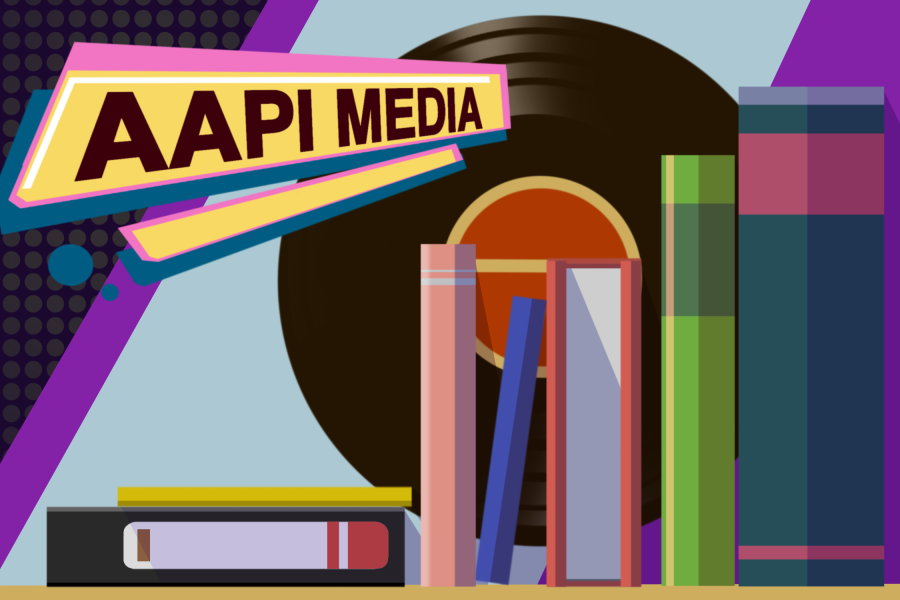


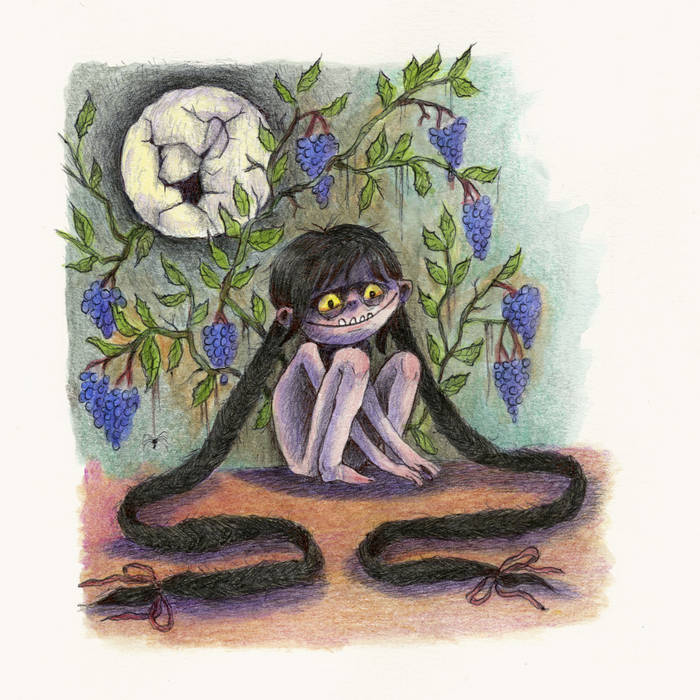



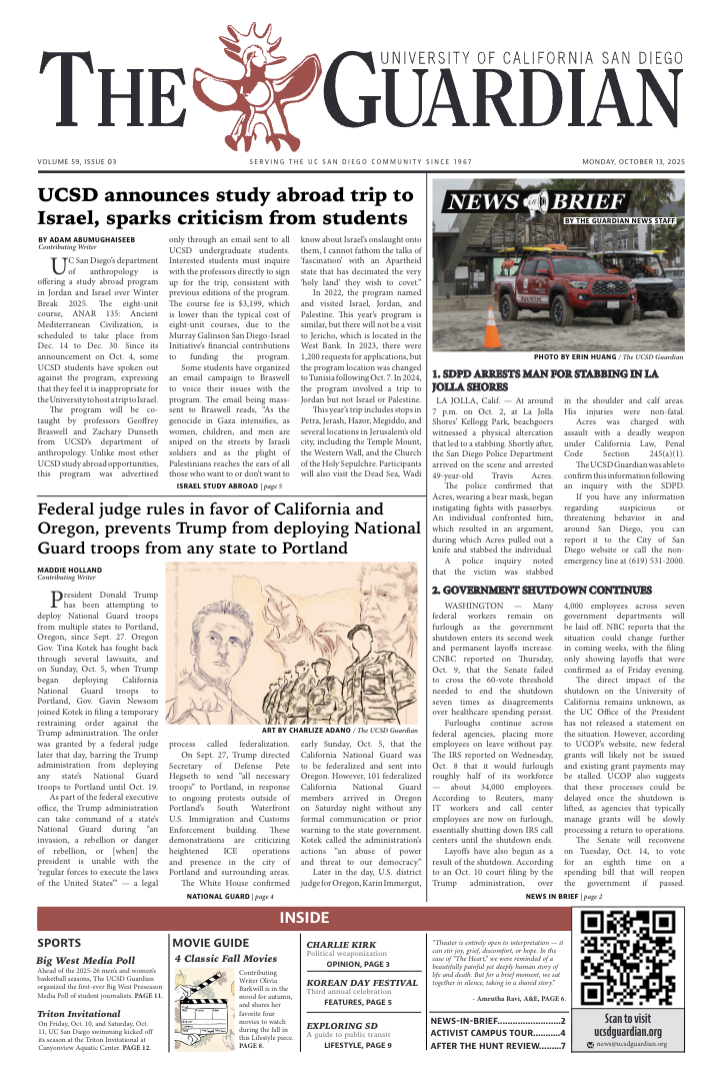
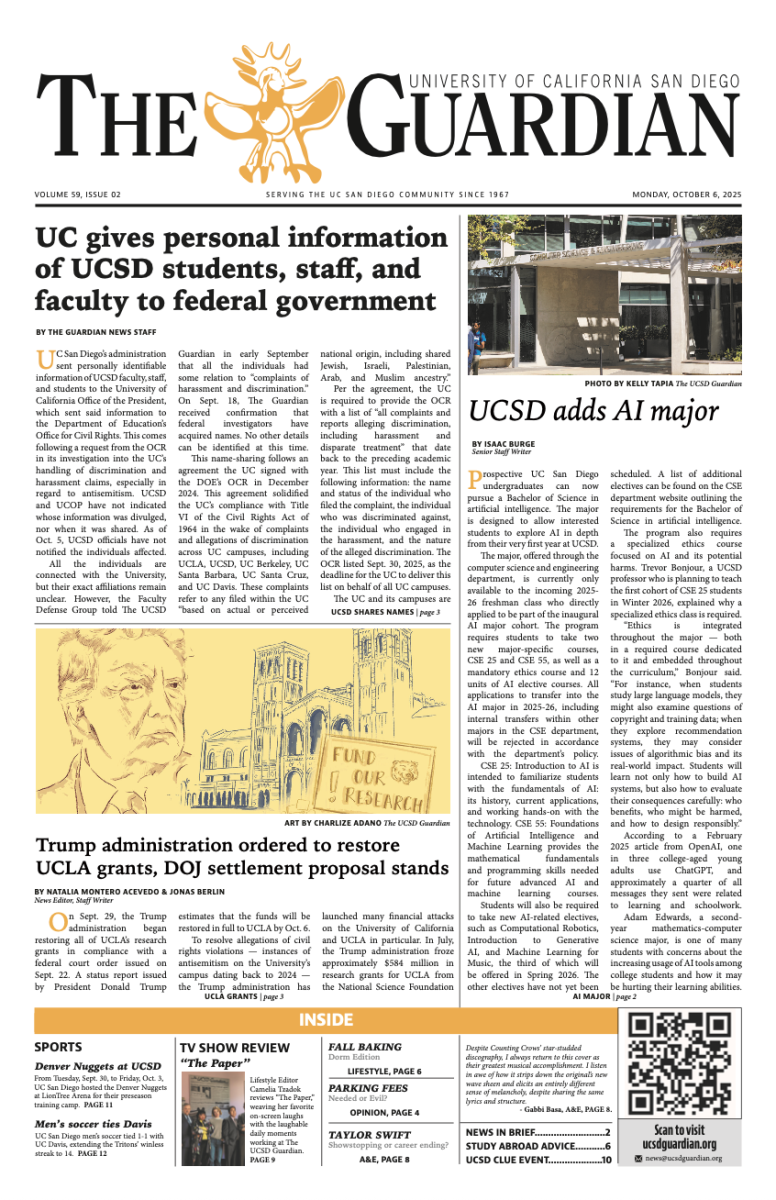
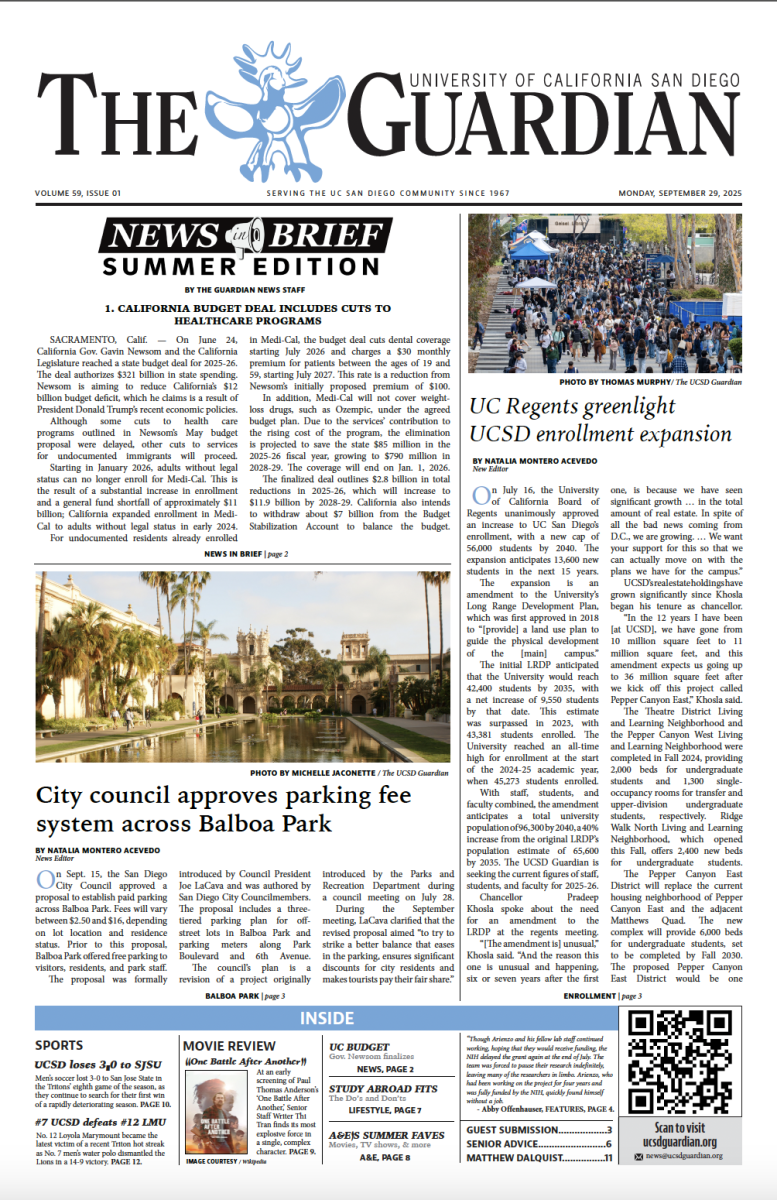
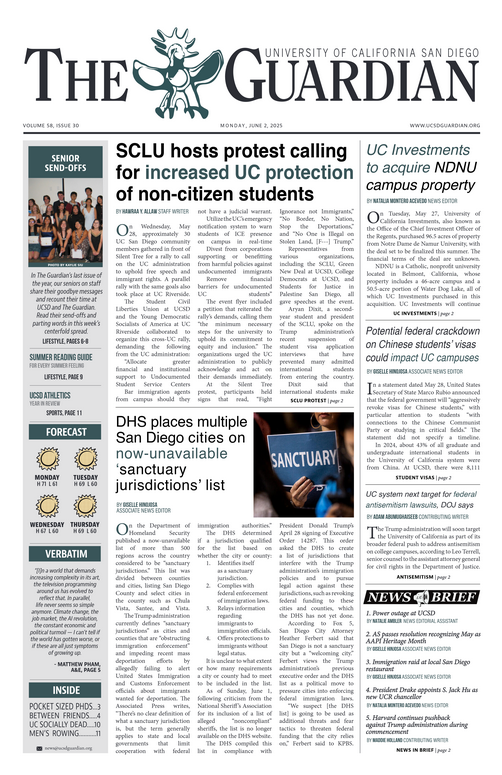
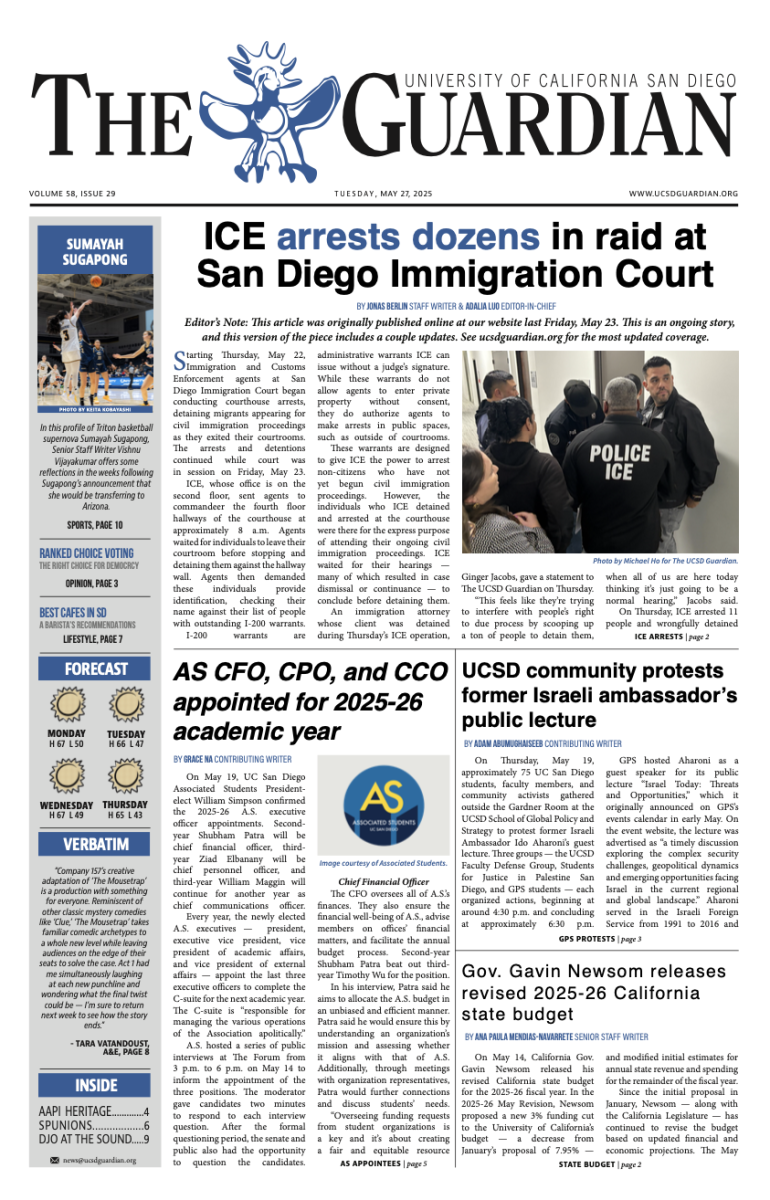
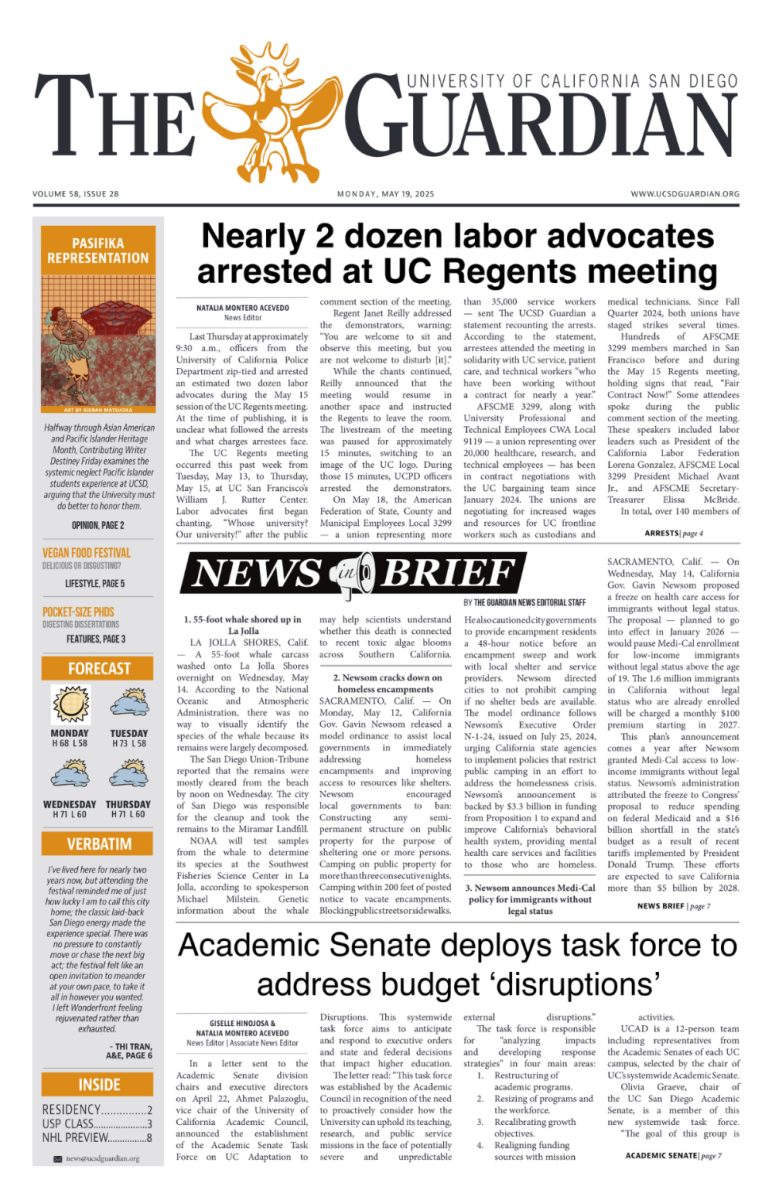
Cinema HD • May 20, 2021 at 10:46 am
This is beautiful. Thank you so much for letting us know about this.
Mark Haddad • May 3, 2021 at 3:10 pm
I have been reading posts regarding this topic and this post is one of the most interesting and informative one I have read. Thank you for this!